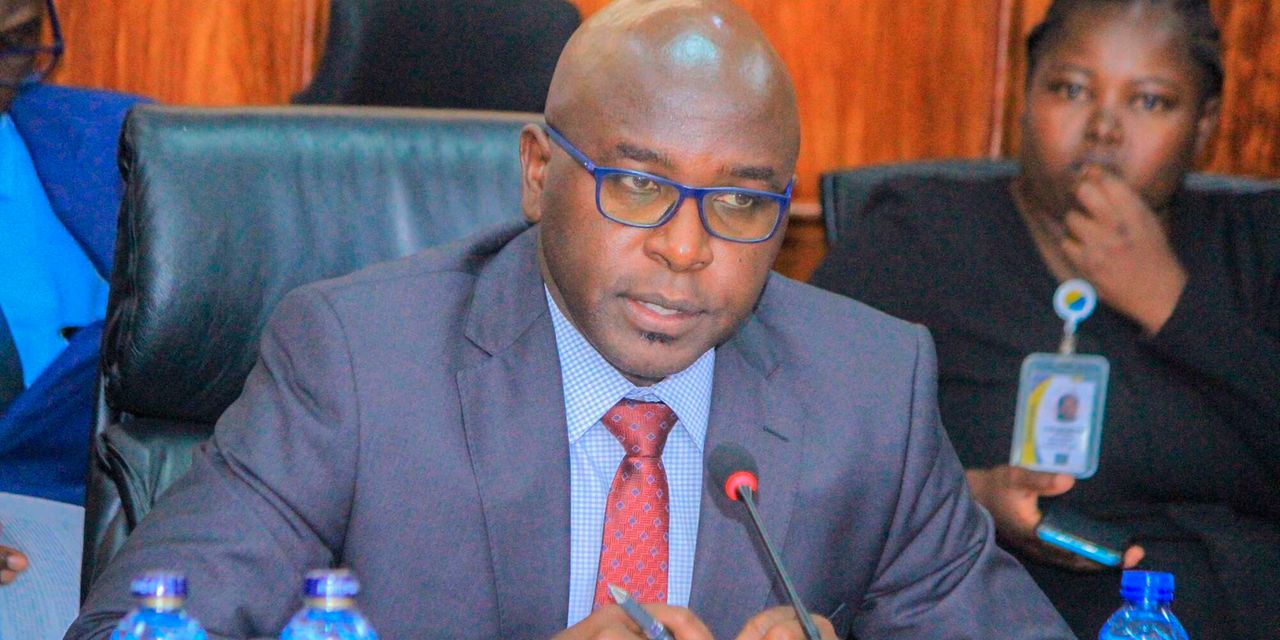Business
How KRA Plans To Collect Sh300 Billion From 11 Million PIN Holders in Informal Sector

The Kenya Revenue Authority has set its sights on one of the country’s most elusive revenue streams: the sprawling informal sector, where millions of small traders have long operated beyond the tax net’s reach.
With a target of collecting more than Sh300 billion from approximately 11 million personal identification number holders in the informal sector this financial year, KRA is embarking on what amounts to a fundamental reimagining of how it engages with the country’s economic backbone.
The numbers reveal the scale of the challenge. Kenya has more than 21 million PIN holders, yet fewer than nine million currently file returns or pay taxes. That gap represents not just lost revenue, but millions of micro, small, and medium enterprises operating in a grey zone between full formality and complete informality.
George Obell, who heads KRA’s Micro & Small Taxpayers Department, frames the initiative as both a revenue imperative and an economic development opportunity. MSMEs contribute between 40 and 50 percent to Kenya’s GDP and employ the majority of the workforce, yet their tax contribution has never matched their economic footprint.
The authority’s strategy marks a departure from traditional enforcement approaches. Rather than wielding the stick of audits and penalties, KRA is rolling out what Obell describes as a comprehensive support ecosystem designed to make compliance accessible rather than intimidating.
Central to this transformation is an aggressive expansion of physical touchpoints. KRA plans to establish more than 10,000 agent centers across the country, complementing its existing 136 offices. The model borrows directly from the banking sector’s playbook, where agency banking transformed financial inclusion by bringing services to where people actually conduct business.
These agents won’t just process transactions. They’re envisioned as front-line advisors who can guide small traders through tax obligations that have historically seemed opaque and overwhelming. For a mama mboga selling vegetables at a market stall or a jua kali artisan working from a roadside workshop, the distance to the nearest KRA office has often been measured not just in kilometers but in intimidation and complexity.
Technology forms another pillar of the strategy. KRA is developing digital solutions tailored specifically to the realities of small business operations. The goal is seamless integration into existing workflows rather than additional administrative burdens that many MSMEs lack the capacity to handle.
But perhaps most significantly, KRA is acknowledging that voluntary compliance requires more than just infrastructure. The authority plans to launch comprehensive tax education campaigns, offer incentives for compliant businesses, and collaborate with industry leaders to develop sector-specific solutions. There’s even talk of publicly recognizing compliant MSMEs, turning tax payment from a grudging obligation into a badge of legitimacy.
The approach reflects a belated recognition that the informal sector’s tax resistance isn’t simply about evasion. Many small operators have struggled with genuinely complex processes, limited access to advice, and uncertainty about what compliance actually requires. When the rules seem designed for corporations with accounting departments, street vendors and small shop owners rationally opt out.
Whether KRA can actually collect Sh300 billion from this segment remains an open question. The informal sector has proven remarkably resilient to formalization efforts over decades. Trust between tax authorities and small traders is thin, built on years of experiences where engagement with officialdom often meant harassment rather than support.
Success will likely depend on whether KRA can demonstrate that this time is different, that the agent centers actually provide value rather than just additional collection points, and that the promised simplification is real rather than rhetorical. The informal sector will be watching, and they’ll vote with their compliance or continued evasion.
For Kenya’s fiscal health, the stakes couldn’t be higher. With government revenue needs pressing and traditional tax bases already squeezed, unlocking the informal sector’s contribution isn’t optional. The question is whether KRA’s new approach can finally bridge the gap between 21 million PIN holders and nine million taxpayers.
Kenya Insights allows guest blogging, if you want to be published on Kenya’s most authoritative and accurate blog, have an expose, news TIPS, story angles, human interest stories, drop us an email on [email protected] or via Telegram
-

 Grapevine1 week ago
Grapevine1 week agoAlleged Male Lover Claims His Life Is in Danger, Leaks Screenshots and Private Videos Linking SportPesa CEO Ronald Karauri
-

 Lifestyle2 weeks ago
Lifestyle2 weeks agoThe General’s Fall: From Barracks To Bankruptcy As Illness Ravages Karangi’s Memory And Empire
-

 Grapevine4 days ago
Grapevine4 days agoRussian Man’s Secret Sex Recordings Ignite Fury as Questions Mount Over Consent and Easy Pick-Ups in Nairobi
-

 Investigations2 weeks ago
Investigations2 weeks agoEpstein Files: Sultan bin Sulayem Bragged on His Closeness to President Uhuru Then His Firm DP World Controversially Won Port Construction in Kenya, Tanzania
-

 Business2 weeks ago
Business2 weeks agoKRA Can Now Tax Unexplained Bank Deposits
-

 Investigations1 week ago
Investigations1 week agoEpstein’s Girlfriend Ghislaine Maxwell Frequently Visited Kenya As Files Reveal Local Secret Links With The Underage Sex Trafficking Ring
-

 News1 week ago
News1 week agoState Agency Exposes Five Top Names Linked To Poor Building Approvals In Nairobi, Recommends Dismissal After City Hall Probe
-

 Investigations1 day ago
Investigations1 day agoMulti-Million Dollar Fraud: Three Kenyans Face US Extradition in Massive Cybercrime Conspiracy
















